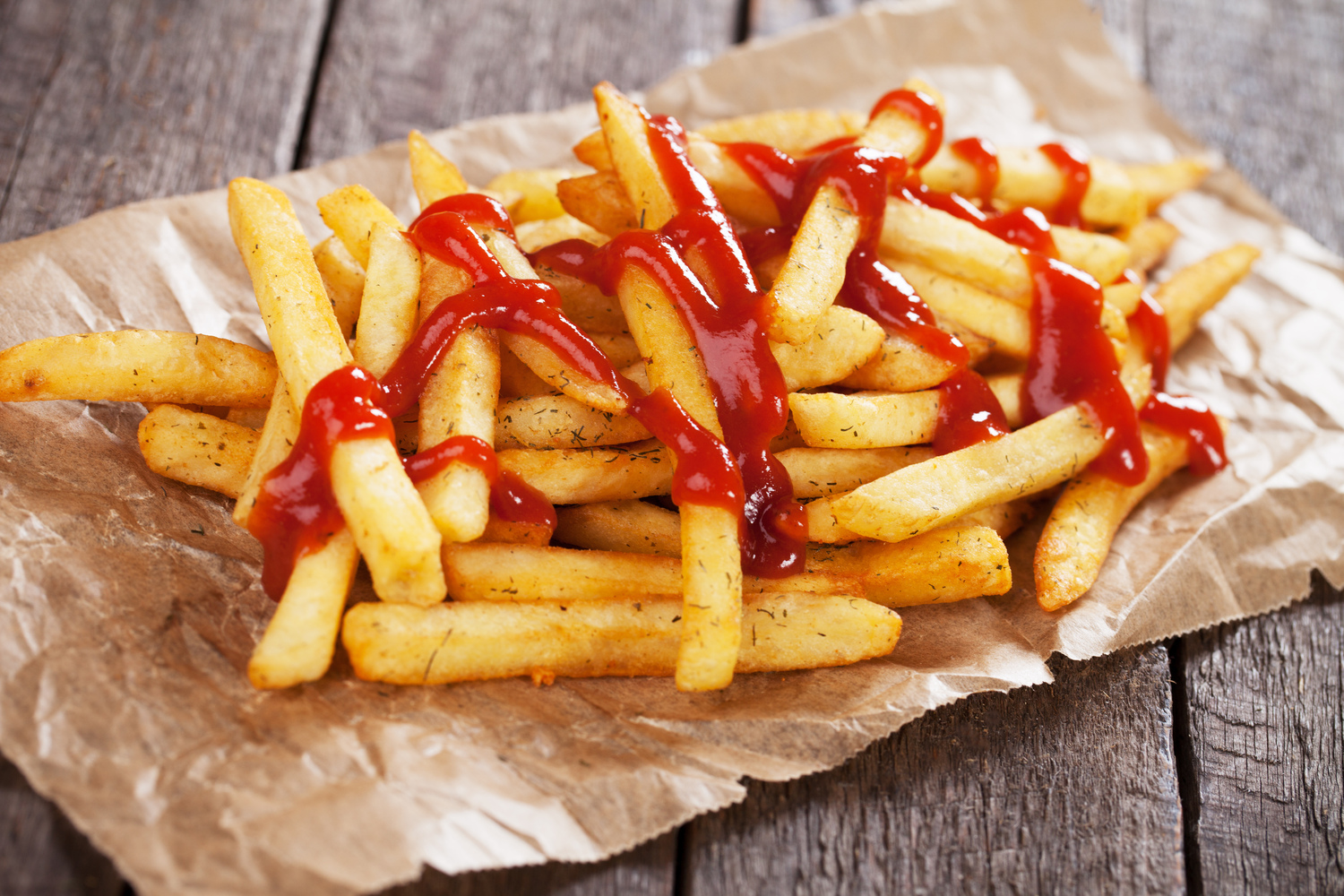
5 Foods to Avoid for Lung Disease Prevention
Lung disease is a general phrase that refers to various conditions that affect the lungs, including asthma, COPD, infections like influenza, lung cancer, pneumonia, tuberculosis, Respiratory Syncytial Virus (RSV), nontuberculous mycobacterial (or NTM lung disease), mycobacterium avium complex (MAC) lung disease, and other chronic breathing difficulties. In adult patients, doctors will typically recommend a prescription medication, such as a bronchodilator, oral steroids, Arikayce medication, the ABRYSVO vaccine to prevent lower respiratory tract disease caused by respiratory syncytial virus (RSV) in people 60 years of age and older, or the Ribavirin drug for treatment of active RSV infection. Doctors also commonly suggest avoiding the following foods to prevent worse lung disease symptoms:
1. Salty foods
Sodium can cause fluid retention, which, in turn, can result in shortness of breath in people with lung disease. Checking the labels on the items you buy can help to lower your sodium intake—a good rule of thumb is to make sure the foods you eat don’t contain over 300 milligrams of sodium per serving. Additionally, using spices and herbs to season meals instead of salt can also help you limit your salt intake.
2. Dairy products
While dairy products, such as milk, cheese, and yogurt, do contain healthy calcium, protein, and vitamin D, they can also aggravate lung conditions. Casomorphin, a breakdown product of milk digestion, causes the body to produce more phlegm and mucus, which can exacerbate symptoms of lung disease. Try exchanging lactose products for milk substitutes, such as almond, oat, or soy milk, if you want to cut down on your dairy consumption.
3. Processed meats
Nitrates are frequently added to cold cuts and cured meats to give them color and help them last longer on the market. However, there has been evidence that these nitrates are associated with increased hospital readmissions for COPD. To decrease your processed meat intake, stay away from deli meat and opt for products that are labeled as “no nitrates added.” Moreover, staying away from processed meats will also decrease your sodium intake, as previously discussed.
4. Soda
For people who have lung conditions, consuming soda can be detrimental to their health in various ways. First and foremost, soda includes carbon dioxide, which is what makes it carbonated and which can result in gas and bloating in the body that make it difficult to breathe. What’s more, consuming a lot of sugar can promote inflammation and cause weight gain, two factors that might aggravate COPD symptoms. Try changing your beverage intake by substituting in non-carbonated, flavored beverages, such as tea, fruit-flavored water, or natural juice, when you want to reach for a soda.
5. Fried foods
The harmful fats in fried meals, like onion rings and french fries, can induce bloating and discomfort in those with lung disease. Additionally, these foods result in elevated cholesterol levels and weight gain over time if consumed in large quantities. These factors can exacerbate the symptoms of those who have lung disease. Avoid fast-food restaurants and drive-thru meals if you want to decrease your intake of fried foods.



